Discover the Women of the Hall
These are the Inductees of the National Women’s Hall of Fame. Select any of the women to discover their stories and learn how they have influenced other women and this country.
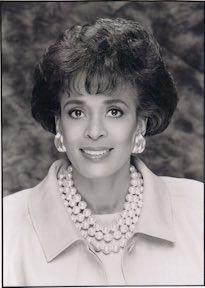 Faye Wattleton
Humanities
1943
Missouri
1993
Faye Wattleton
Humanities
1943
Missouri
1993

Faye Wattleton
Nurse who was the first woman since founder Margaret Sanger, and first African American to become president of the Planned Parenthood Foundation. Wattleton developed Planned Parenthood into an influential nationwide organization.
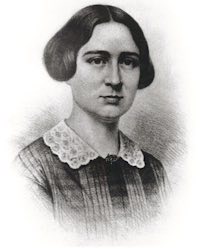 Antoinette Blackwell
Humanities
1825
New York
1993
Antoinette Blackwell
Humanities
1825
New York
1993

Antoinette Blackwell
First American woman ordained a minister by a recognized denomination (Congregational), despite great opposition to women in the ministry. Blackwell was a pastor, mother of seven children, and wrote many books and essays.
 Dolores Huerta
Humanities
1930
New Mexico
1993
Dolores Huerta
Humanities
1930
New Mexico
1993

Dolores Huerta
Co-founder (with Cesar Chavez) of the United Farm Workers of America, the nation’s first successful and largest farm workers union. The UFW is dedicated to helping immigrant / migrant people of all ages. Huerta is known as a brilliant organizer, speaker, lobbyist, political strategist and human rights advocate.
 Rosa Parks
Humanities
1913
Alabama
1993
Rosa Parks
Humanities
1913
Alabama
1993

Rosa Parks
Known as “the mother of the Civil Rights Movement,” when, in 1955, she refused to give up her seat on a public bus to a white man in Montgomery, Alabama. The event sparked the Montgomery bus boycott, the first major effort in the Civil Rights struggle.
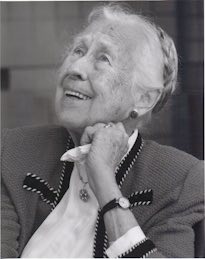 Esther Peterson
Humanities
1906
Utah
1993
Esther Peterson
Humanities
1906
Utah
1993

Esther Peterson
Catalyst for change in the labor, women’s and consumer movements. The driving force behind President Kennedy’s creation of the first Presidential Commission on Women in 1962, Peterson headed the Women’s Bureau in the Department of Labor. She also served Presidents Johnson and Carter, and served at the United Nations under President Clinton.
 Marian Wright Edelman
Humanities
1939
South Carolina
1993
Marian Wright Edelman
Humanities
1939
South Carolina
1993

Marian Wright Edelman
Attorney and civil rights advocate who founded the Children’s Defense Fund, the nation’s strongest advocacy group for children. A passionate champion for youth, Edelman’s organization works on health care and assistance for homeless children.
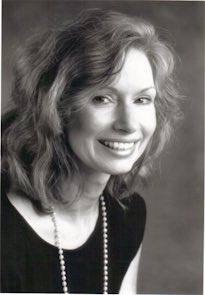 Gloria Yerkovich
Humanities
1942
Unknown
1993
Gloria Yerkovich
Humanities
1942
Unknown
1993

Gloria Yerkovich
Founder of CHILDFIND, a nationwide organization which helps locate missing children. Yerkovich developed the program after her own daughter was abducted. Her concept was the prototype for the National Center for Missing and Exploited Children.
 Betty Friedan
Humanities
1921
Illinois
1993
Betty Friedan
Humanities
1921
Illinois
1993

Betty Friedan
Reshaped American attitudes toward women’s lives and rights through decades of social activism, strategic thinking and powerful writing. Her book The Feminine Mystique (1963) triggered the contemporary women’s movement. Her latest work is the best-selling The Fountain of Age.
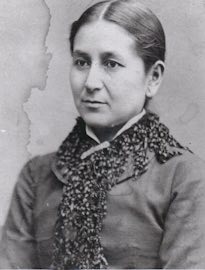 Susette La Flesche
Humanities
1854
Nebraska
1994
Susette La Flesche
Humanities
1854
Nebraska
1994

Susette La Flesche
Member of the Omaha Tribe and a tireless campaigner for native American rights. La Flesche was the first Native American published lecturer, artist and author. She helped change national perceptions about the rights of Native Americans.
 Ella Baker
Humanities
1903
Virginia
1994
Ella Baker
Humanities
1903
Virginia
1994

Ella Baker
Premier behind-the-scenes organizer and co-founder of the Southern Christian Leadership Conference (SCLC), headed by Martin Luther King, Jr. Baker also helped establish the civil rights movement’s foremost student organization, the Student Non-Violent Coordinating Committee.
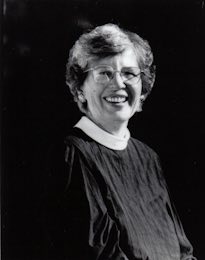 Betty Bone Schiess
Humanities
1923
Ohio
1994
Betty Bone Schiess
Humanities
1923
Ohio
1994

Betty Bone Schiess
Religious leader. Schiess led the successful effort in 1974 to have women ordained as priests in the Episcopal Church in America, elevating the position of women in the Episcopal Church at all levels.
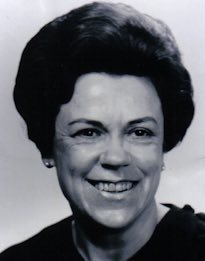 Catherine East
Humanities
1916
1994
Catherine East
Humanities
1916
1994

Catherine East
“The midwife of the contemporary women’s movement,” as described by Betty Friedan. East was a key staffer on President John F. Kennedy’s first-ever Presidential Commission on the Status of Women in the 1960s. East persuaded Friedan and others to create the National Organization for Women to lead the drive to eliminate gender discrimination.
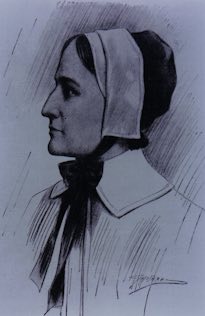 Anne Hutchinson
Humanities
1591
England
1994
Anne Hutchinson
Humanities
1591
England
1994

Anne Hutchinson
Religious leader who insisted on practicing her religious faith as she chose, including holding religious meetings in her home, the first woman in the new world to do so. As a result, she was banished from the Massachusetts Bay Colony.
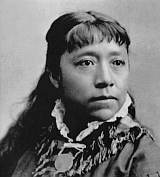 Sarah Winnemucca
Humanities
c.1844
Nevada
1994
Sarah Winnemucca
Humanities
c.1844
Nevada
1994

Sarah Winnemucca
Paiute leader who dedicated her life to returning land stolen by the government back to the tribes, especially the land of her own Paiute Tribe.
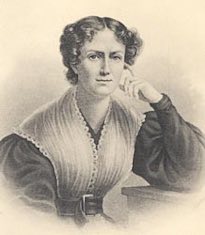 Fanny Wright
Humanities
1795
Scotland
1994
Fanny Wright
Humanities
1795
Scotland
1994

Fanny Wright
First American woman to speak out against slavery and for the equality of women. An inspiration to Stanton, Anthony and other women’s equality advocates, Wright wrote and spoke out publicly for equal rights for all at a time when women were not accepted in such roles.
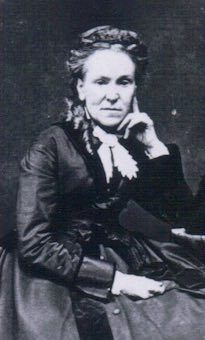 Matilda Joslyn Gage
Humanities
1826
New York
1995
Matilda Joslyn Gage
Humanities
1826
New York
1995

Matilda Joslyn Gage
Best known as the co-author (with Elizabeth Cady Stanton and Susan B. Anthony) of The History of Women’s Suffrage. She served in the National Women’s Suffrage Association and helped form suffrage groups in order to gain the right to vote for women.
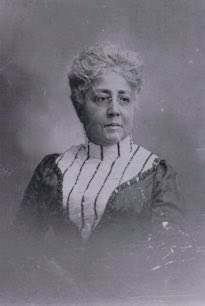 Josephine St. Pierre Ruffin
Humanities
1842
1995
Josephine St. Pierre Ruffin
Humanities
1842
1995

Josephine St. Pierre Ruffin
African American leader from New England. Ruffin was a suffragist, fought slavery, and founded several organizations for African American women, including the Boston branch of the NAACP and the League of Women for Community Service.
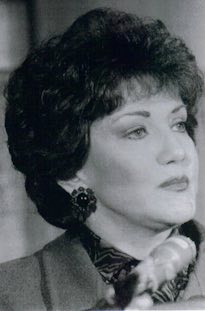 Elizabeth Hanford Dole
Government, Humanities
1936
North Carolina
1995
Elizabeth Hanford Dole
Government, Humanities
1936
North Carolina
1995

Elizabeth Hanford Dole
First woman to hold two cabinet positions as Secretary of Transportation under Ronald Reagan and Secretary of Labor for President George Bush. Dole later became President of the American Red Cross.
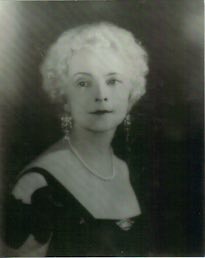 Anne Dallas Dudley
Humanities
1876
Tennessee
1995
Anne Dallas Dudley
Humanities
1876
Tennessee
1995

Anne Dallas Dudley
Political activist central to the campaign to pass the 19th Amendment to the U.S. Constitution. Serving as National Campaign Director as well as in her home state of Tennessee, she led a march of 2,000 women in the South’s first suffrage parade in 1914.
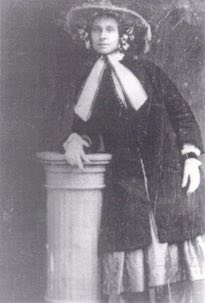 Amelia Bloomer
Humanities
1818
New York
1995
Amelia Bloomer
Humanities
1818
New York
1995

Amelia Bloomer
First woman to own, operate and edit a newspaper for women, The Lily. First published in 1849 in Seneca Falls, New York, it became a recognized forum for women’s rights issues. She often wore full-cut pantaloons under a short skirt, giving birth to the term “bloomers.”
 Mary Baker Eddy
Humanities
1821
New Hampshire
1995
Mary Baker Eddy
Humanities
1821
New Hampshire
1995

Mary Baker Eddy
The only American woman to found a lasting American-based religion, the Church of Christ (Scientist). Her personal struggles led her to believe in a system of prayer-based healing. In 1908, two years before her death at 89 she started The Christian Science Monitor.
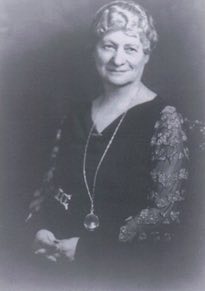 Hannah Greenebaum Solomon
Humanities
1858
Illinois
1995
Hannah Greenebaum Solomon
Humanities
1858
Illinois
1995

Hannah Greenebaum Solomon
Club woman and welfare worker on matters relating to child welfare, she organized a nationwide Jewish Women’s Congress as part of the 1890’s World’s Fair. It later became the National Council of Jewish Women, to which she was elected its first president.
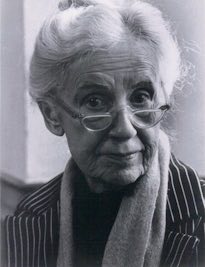 Maggie Kuhn
Humanities
1905
1995
Maggie Kuhn
Humanities
1905
1995

Maggie Kuhn
Following a forced retirement at age 65, Kuhn began work forming the Gray Panthers, an organization which addressed age discrimination and pension rights. Kuhn also addressed large public issues, including nursing home reform, forced retirement and fraud against the elderly.
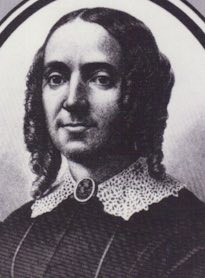 Ernestine Louise Potowski Rose
Humanities
1810
1996
Ernestine Louise Potowski Rose
Humanities
1810
1996

Ernestine Louise Potowski Rose
Early advocate for women’s rights, traveling for more than three decades giving eloquent speeches and seeking petition signatures. Rose sought women’s rights, the abolition of slavery and many other reforms before others took up the causes. From 1835 through 1869, she was often the first woman to speak in public on many platforms.
